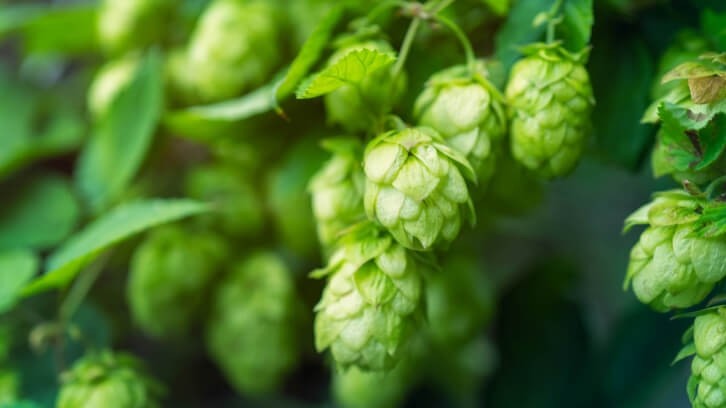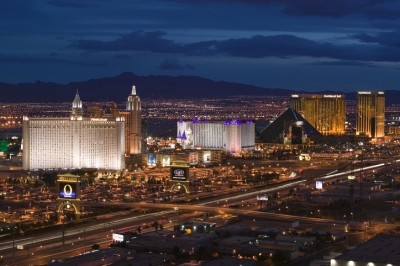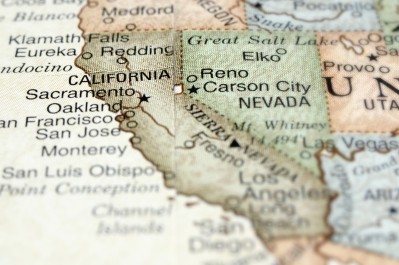Health and sustainability are top-of-mind for UK beer drinkers

And its often smaller, independent brands that are catering for these consumers, according to product intelligence business Vypr, which surveyed its database of 65,000 consumers.
Growing awareness
Nine out of 10 Brits said they would like to try a low calorie beer and there was high awareness with almost two thirds of UK consumers (62%) having heard of them.
The most popular brands are Bud Light (54% Brits have tried it), Coors Light (47%), Heineken Light (42%) and Becks (40%).
Meanwhile, gluten-free remains an attraction for consumers: 45% of Brits surveyed said they are aware of these types of beer.
Men aged 25 – 34 are the biggest gluten free beer drinkers while it’s older men (aged 35 – 44) who go for a low calorie option.
The most commonly tried gluten-free brands are Peroni (38%), Stella (30%) and Skinny Lager (26%).
But lesser known breweries also featured in the top 10 list: with 18% having drunk Leeds' Kirkstall Brewery's Kirkstall Virtuous (a vegan, gluten-free IPA) and a further 18% having sampled organic craft beer from Scotland's Black Isle Brewery.
Smaller brands carve out alcohol-free
The low and no alcohol category continues to gain momentum. Once a very niche category, 91% of Brits now say they would be interested in trying these products.
And its the smaller brands that are seeing success in the alcohol-free section. While the most recognized top three brands are still international breweries - namely Heineken (49%), then Becks and Peroni (equal second place with 46% of Brits who drink beer saying they have tried these brews) - a number of other breweries also made it into the top 10 brands.
These include Erdinger (12%), Doom Bar (10%) from Cornwall's Sharp’s Brewery, the fully alcohol-free product range from Days (9%) and IPAs from London's Beavertown (9%).
Ben Davies, founder of Vypr, said: “There is a huge selection of specialist beers available now that will cater for all tastes, as well as allergies and personal preferences for healthier options. It’s interesting that the biggest UK breweries don’t feature any products within this list and it’s the international brands and smaller UK based breweries who are making headway.
“This is an area which will continue to grow and more brands entering this sector will have to compete on price as well as of course having a great tasting product. This means that choice will only get better for consumers and attract more into this once niche area.”
And price could be key. Gluten-free, low-alcohol and other specialist beers often come with a higher price tag than their mainstream counterparts: but Vypr's research suggests that this could be hindering the full potential of the category.
“Currently two thirds of UK consumers would not be willing to pay more for gluten-free or low, which shows that with more competition to drive prices down there is a huge number of beer drinkers who could be attracted to this sector,” said Davies.
Sustainability is also a key trend for the beer industry. But in contrast to gluten-free and low-alcohol beers, consumers are more willing to pay more for products they consider more environmentally friendly: over half (52%) of consumers say they would be happy to pay more for a sustainable brand.









